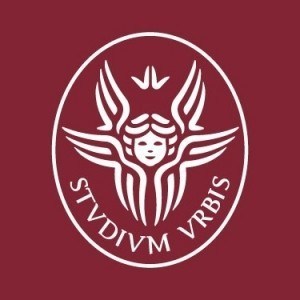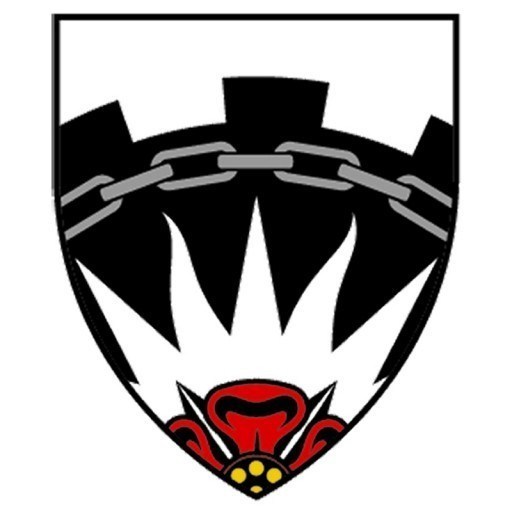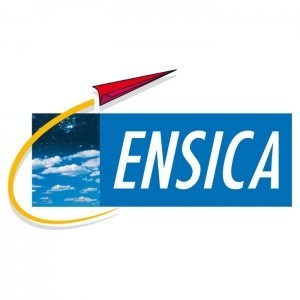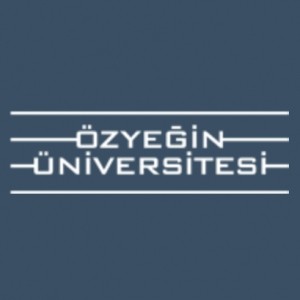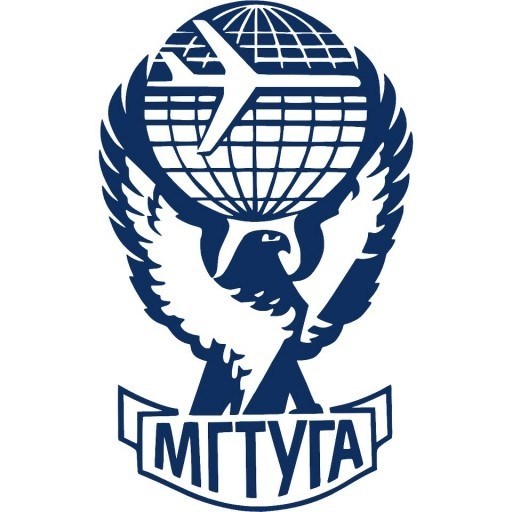Photos of university / #uofcincy
Aerospace Engineering at the University of Cincinnati offers a comprehensive and challenging curriculum designed to prepare students for successful careers in the aerospace industry. This program combines fundamental principles of physics, mathematics, and engineering with specialized courses in aerodynamics, propulsion, structures, materials, control systems, and avionics. Students will gain hands-on experience through laboratory work, design projects, and opportunities for research, fostering both technical expertise and problem-solving skills. The curriculum emphasizes the development of innovative thinking and practical skills necessary to design, analyze, and test aircraft and spacecraft components. The program is accredited by ABET, ensuring that the educational standards meet industry requirements and preparing graduates for professional practice and licensure. Students have access to state-of-the-art laboratories and facilities, including wind tunnels, composites laboratories, and propulsion labs, enabling them to apply theoretical knowledge to real-world applications. The program also encourages participation in internships, cooperative education, and research collaborations with industry leaders, providing invaluable industry exposure and networking opportunities. Graduates of the Aerospace Engineering program are well-equipped to pursue careers in aircraft and spacecraft design, manufacturing, testing, and maintenance, or to continue their education through graduate studies. With a focus on innovation, safety, and efficiency, the University of Cincinnati’s Aerospace Engineering program prepares students to contribute to the advancement of aerospace technologies and to address the complex challenges facing the aerospace industry today and in the future.
ALL MAJORS (semester credits)
THESIS NON-THESIS
Major Option 9 cr. hrs. 12 cr. hrs.
Technical Electives 6 cr. hrs. 9 cr. hrs.
Mathematics 3 cr. hrs. 6 cr. hrs.
Thesis 12 cr. hrs. --- NA ---
M.S. Mini-Thesis --- NA --- 3 cr. hrs.
Seminar 2 cr. hrs. 2 cr. hrs.
_ ______________________________________________
Total 32 cr. hrs 32 cr. hrs.
Major Requirements
The following courses must be included in each SAeS major option course requirements.
i. Dynamics and Controls
- 20-AEEM-6003 Analytical Dynamics
- 20-AEEM-6015 Modern Control
In addition, 3-credit-hour courses at the 6000 level or higher in the Dynamics & Controls area. These can include 20-AEEM-6022 Optimal Control, 20-AEEM-6036 Spacecraft Dynamics, 20-AEEM-6093 Advanced Flight Mechanics, 20-AEEM-6095 Astrodynamics, and/or any other graduate-level CEAS courses in the area of Dynamics & Controls. Selected courses from other schools in the Dynamics & Controls area are also acceptable.
ii. Fluid Dynamics and Propulsion Systems
(Three out of Four Listed Courses)
- 20-AEEM-6011 Combustion
- 20-AEEM-6041 Compressible Flow and Thermodynamics
- 20-AEEM-8030 Advanced Propulsion
- 20-EGFD- 7041 Visc. Flow and Heat Transfer
iii. Solids and Structural Mechanics
- 20-AEEM-6001 Advanced Strength of Materials
- 20-AEEM-7052 Finite Element Method
In addition, 3-cretit-hour courses at the 6000 level or higher in the Solids and Structural Mechanics area. These can include 20-AEEM-7001, Elasticity I, 20-AEEM-7002 Elasticity II, 20-AEEM-7074 Advanced Finite Element Method, 20-AEEM-7027 Nondestructive Testing, and/or any other graduate-level CEAS courses in the area of Solids and Structural Mechanics. Selected courses from other schools in the Solids and Structural Mechanics area are also acceptable.
- GRE - Required of all international students; GRE is exempt for students that earned a degree from an ABET accredited university (or equivalent accreditation) in the USA with a GPA of 3.0+
- Transcript(s) and Degree Certificates
- GPA minimum 3.0 or equivalent
- Statement of Purpose
- Two letters of recommendation
- International students - English Proficiency Test: TOEFL (minimum 92) or IELTS (minimum 6.5)
Scholarships
- Graduate Assistantships
- Graduate Incentive Award
The University of Cincinnati offers a comprehensive Aerospace Engineering program designed to prepare students for careers in the aerospace industry, including the design, development, testing, and manufacturing of aircraft and spacecraft. The curriculum provides a solid foundation in aerodynamics, propulsion, materials, structures, and control systems, integrating theoretical principles with practical applications. Students have access to state-of-the-art laboratories and research facilities such as wind tunnels, propulsion labs, and composites labs, which enable hands-on experience and innovation in aerospace technology. The program emphasizes the importance of sustainability and advanced manufacturing processes, encouraging students to engage in research projects that address current challenges in aerospace engineering. Opportunities for internships and cooperative education (co-op) are strongly integrated into the program, allowing students to gain real-world industry experience while pursuing their degree. The faculty comprises experienced professionals and researchers dedicated to advancing aerospace science and education. Graduates from the program are well-equipped to pursue careers with aerospace companies, government agencies like NASA, and defense contractors, or to continue their education in graduate studies. The program is accredited by ABET, ensuring it meets high standards of quality and industry relevance. Overall, Cincinnati’s Aerospace Engineering program offers a rigorous, innovative, and professionally oriented education that prepares graduates for leadership roles in the aerospace sector.


